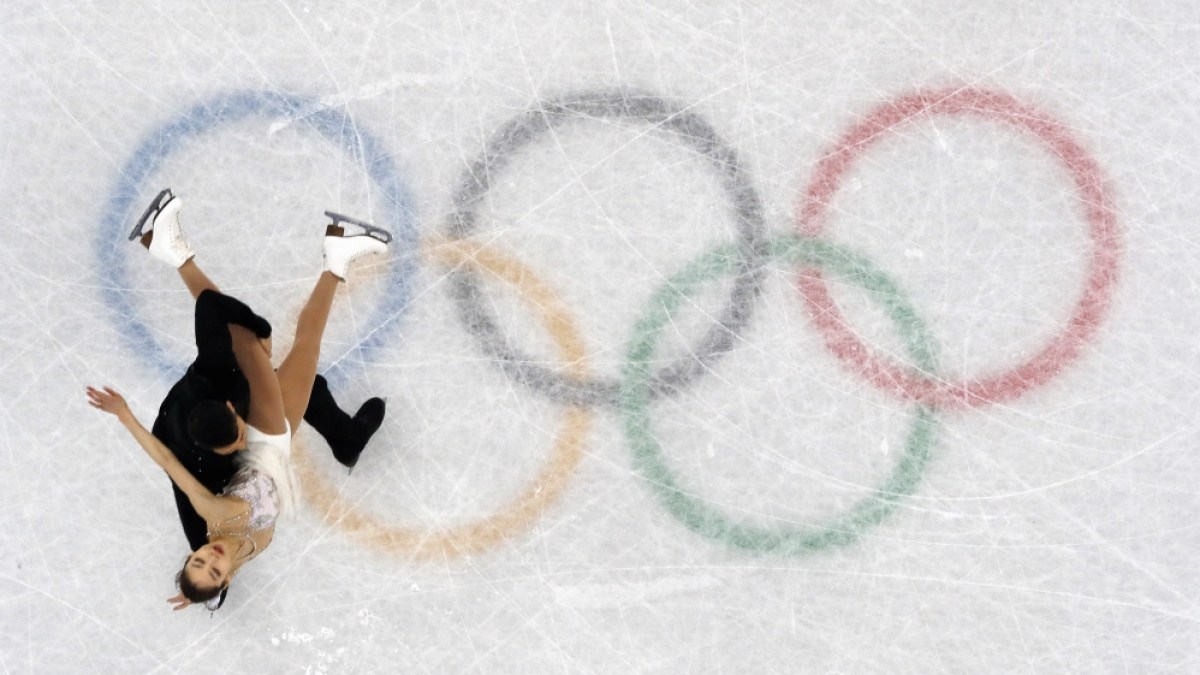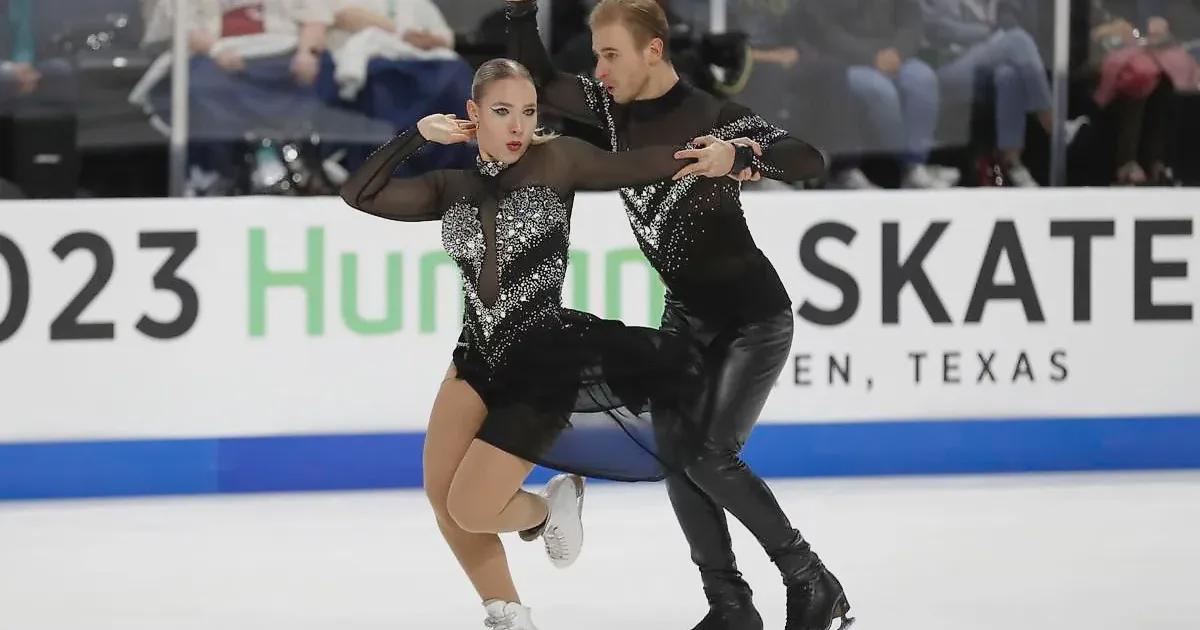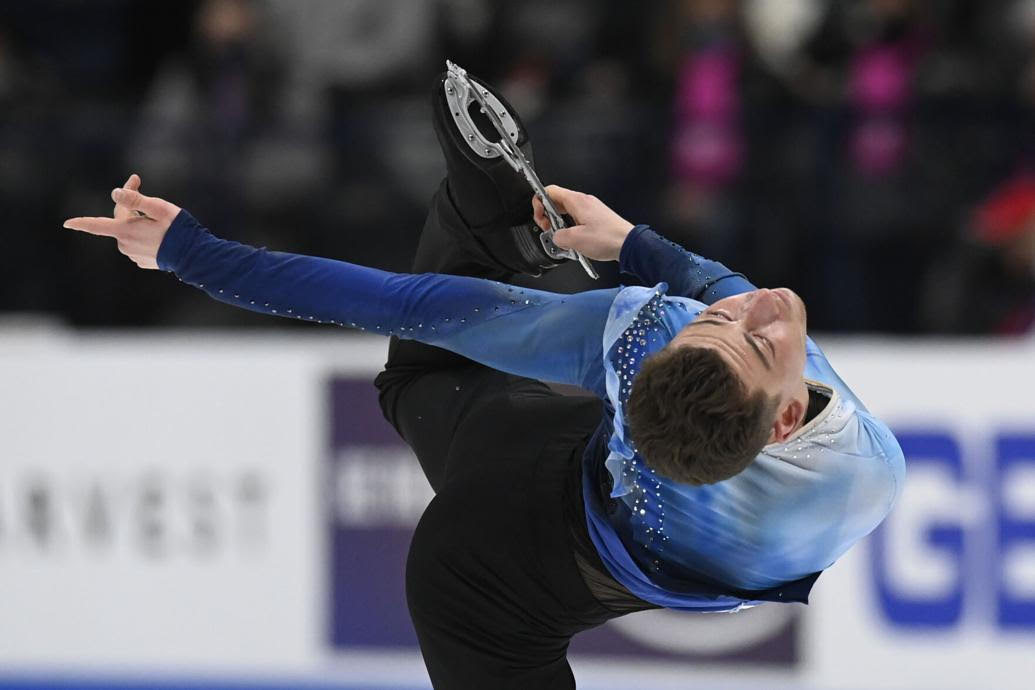One, less talked eating disorder is orthorexia.
Thanks you for mentioning another topic @TT_Fin .
Orthorexia nervosa = an obsessive focus on healthy eating (https://www.frontiersin.org/articles/10.3389/fpsyt.2021.640401 - science article from 2021)
- science article from 2021
- "...orthorexia nervosa... The main characteristics of this phenomenon are: spending an excessive amount of time thinking about, looking for and preparing food; feeling superior to those with different eating habits; rigidly following a particular health food diet; engaging in compensatory restrictions to make up for dietary indiscretions; associating self-esteem with adherence to the diet; and turning eating ‘properly’ into the central focus of life
- ...there seem to be two broad stages that lead to the development of ON-related behavior: the first being a relatively harmless choice to pursue a healthy diet, and the second being an unhealthy obsession evolving from this aim. Only the second stage is indicative of pathology..."
I was looking for some information about Nutrition at figure skating web sites and found this:
- US Figure Skating Association have a handbill about recovery nutrition
- Positive Body Guidelines by Canadian Figure Skating Association
- 12 pages with explanation what is body image, nutrition and growth is mentioned
- it contains recommendations for prevention and communication







